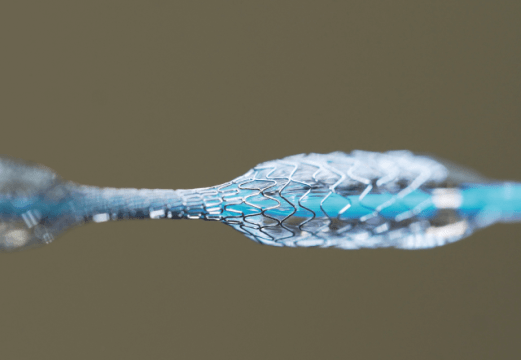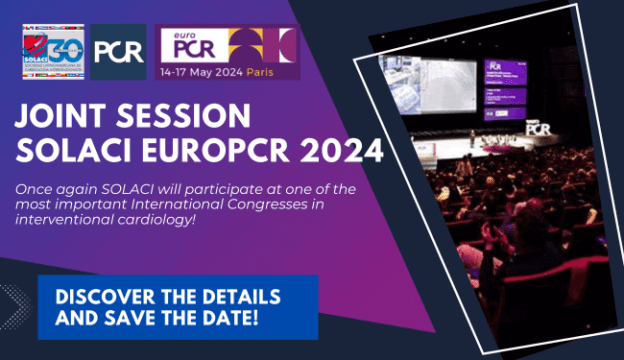Original title: Endovascular Treatment for Infrainguinal Vessels in Patients With Critical Limb Ischemia : OLIVE Registry, a Prospective, Multicenter Study in Japan With 12-Month Follow-up. Reference: Osamu Iida et al. Circ Cardiovasc Interv. 2013;6:00-00
Patients with critical limb ischemia typically reveal rest pain and ischemic ulcers or gangrene. Prognosis is poor and mortality and amputation rate are elevated. Bypass surgery has been the gold standard to revascularize those patients, however in real life, critical ischemia is associated with multiple comorbidities that increase the surgical risk.
OLIVE Registry is a prospective multicenter year follow-up study that evaluated the results of percutaneous revascularization in critical ischemia patients and infrainguinal lesions. 314 patients presenting critical isquemia were included, 71% were diabetic, 52% had renal failure and required dialysis and 88% revealed ulcers with tissue loss. 41% of them had lesions below knee and the remaining 42%, femoropopliteal lesions with at least one permeable vessel along the foot. After revascularization at least one direct flow line to the foot was achieved resulting in 93%.
Amputation-free survival was 81% at 6 months and 74% at 12 months. The average time between revascularization and complete healing of the wounds was 97 days. 34% required reoperation at follow up (2.6% and 31.7% new angioplasty).
Conclusion:
Despite a high rate of reoperations especially for lesions below the knee, percutaneous revascularization was useful in patients with critical ischemia of limb and infrainguinal lesions.
Editorial comment:
The relatively short period of time (20 months) of those patients included, made the materials used homogeneous throughout the registry and reflect the latest advances in endovascular therapy. This study shows the real life of patients with this disease where several and severe comorbidities are present, making it difficult to think of surgery as the gold standard of treatment.
SOLACI.ORG





